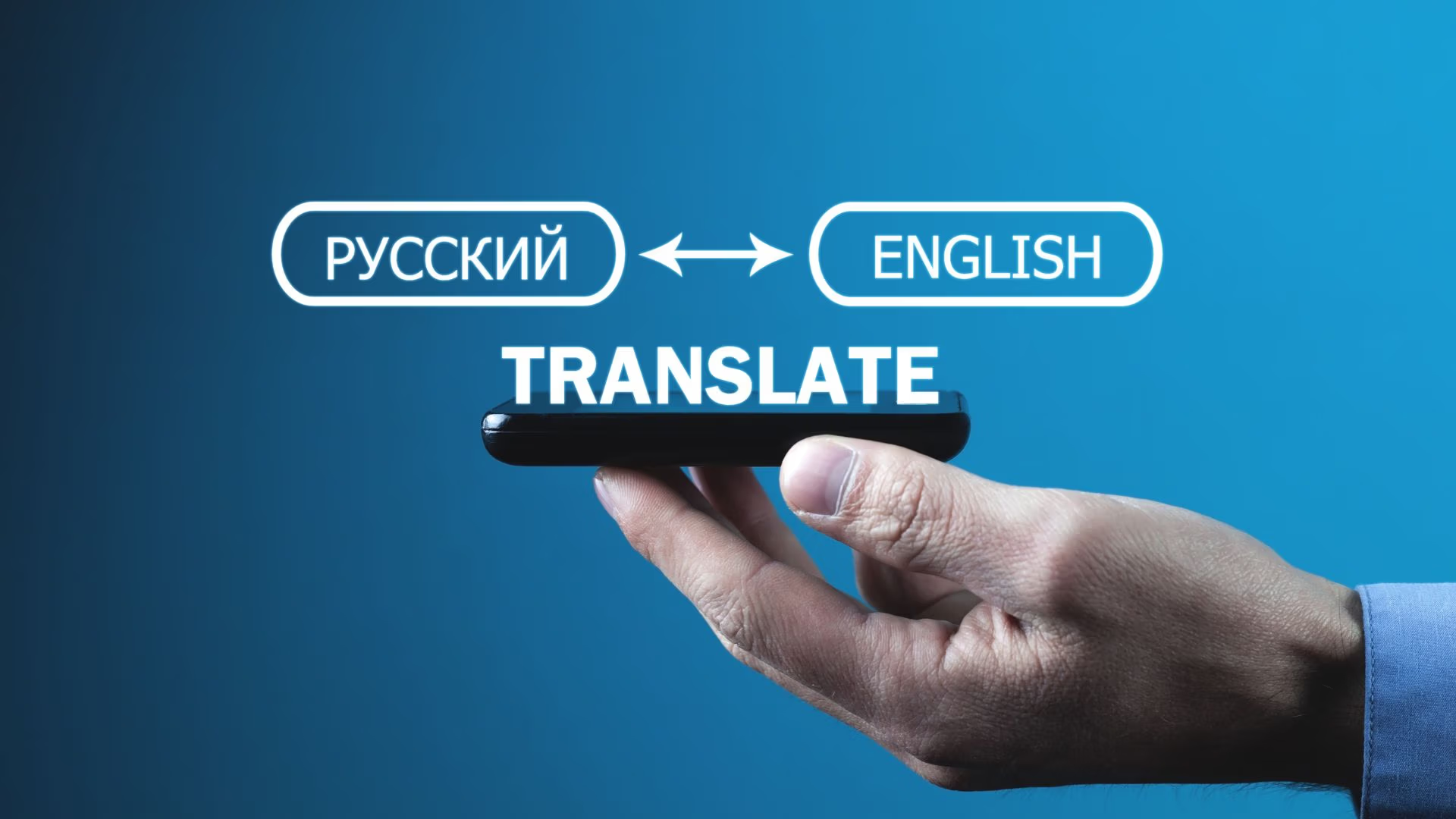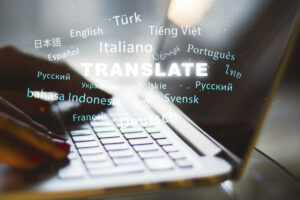In a world of increasingly frequent international exchanges, legal translation plays a crucial role in ensuring that legal texts are understood and applied between different jurisdictions. Yet translating legal documents is a particularly complex exercise, requiring absolute rigor, a mastery of specific terms and an awareness of the differences between legal systems. It is in this context that artificial intelligence (AI) is radically transforming the legal translation sector, providing innovative solutions to improve the accuracy, efficiency and reliability of translations.
Specialized tools like Lexa, designed exclusively for legal professionals, deliver high-quality translations thanks to advanced algorithms and enriched legal databases. Let's take a closer look at how AI is revolutionizing translation in the various fields of law.
Precision optimized by specialized databases
One of the main advances made by AI in legal translation is its ability to exploit corpora of legal texts and official lexicons, guaranteeing maximum fidelity to legal terms.
Unlike general-purpose machine translators, Lexa relies exclusively on databases of authentic legal documents, translated and validated by experts in the field. This approach eliminates translation errors that could alter the meaning of documents and lead to major legal consequences.
Application example: contract law
In the translation of international commercial contracts, AI ensures perfect terminological consistency. The same legal term can have different meanings in different legal systems(Common Law vs. Civil Law), and Lexa 's AI is capable of recognizing these subtleties and proposing the best translation according to the context.
Greater efficiency for optimized lead times
Translating legal documents can be time-consuming, especially when dealing with long, complex texts such as company articles of association, court rulings or internal regulations. Thanks to AI, these translations can be completed in minutes instead of hours, while maintaining a high level of quality.
Case study: translation in corporate law
Lawyers specializing in corporate law often have to manage the translation of minutes of shareholders' meetings, M&A deeds or financial reports. AI makes it possible to automate these translations while offering suggested corrections and improved proofreading by specialist translators, ensuring perfect compliance with legal requirements.
A reliable solution for data confidentiality and security
In the field of law, confidentiality is paramount. Translated documents may contain sensitive information, subject to obligations of professional secrecy and compliance with current regulations (RGPD, national laws, etc.).
Unlike consumer automatic translators, Lexa offers strict data protection guarantees:
- Secure hosting in Europe, compliant with data protection regulations.
- Non-exploitation of user data: no storage or use of documents for machine learning purposes without consent.
- Restricted and controlled access to prevent information leakage.
Example: translating criminal law documents
A law firm specializing in criminal law needs to translate investigation files and evidence for international proceedings. Thanks to Lexa, it can do so securely, without the risk of exposing confidential information to unsecured platforms.
Adaptability to the specificities of each area of law
Each legal specialty has its own terminology, customs and requirements. A legal translator must therefore be able to adapt to the particularities of each field. AI makes this possible through in-depth learning of the terminologies specific to each branch of law.
Case studies
- Real estate law: Translation of sales contracts, commercial leases and technical diagnostics.
- Tax law: Translation of tax returns, double taxation agreements and tax rulings.
- Intellectual property law: Translation of patents, licensing agreements and trademark disputes.
- Labor law: Translation of employment contracts, collective agreements and internal regulations.
Thanks to advanced recognition of the specificities of each field, Lexa avoids interpretation errors and guarantees translations adapted to each legal context.
The importance of human proofreading to guarantee impeccable quality
While AI brings unrivalled accuracy and speed, human intervention remains essential to validate translations and ensure perfect compliance with current law. The expertise of legal translators remains indispensable for :
- Check that the translation matches the specific legal context.
- Make stylistic corrections and ensure the clarity of the final text.
- Handle complex cases where machine translation may lack nuance.
That's why Lexa combines a high-performance translation engine with a system of proofreading by legal professionals, guaranteeing accurate, fluid translations tailored to the needs of lawyers, notaries and jurists.
AI, a major asset for legal translation
Artificial intelligence is profoundly transforming translation in the various fields of law, offering professionals faster, more accurate and more secure tools. Thanks to specialized solutions such as Lexa, lawyers, notaries and jurists now have a reliable tool at their disposal that saves them time while guaranteeing perfect compliance with legal requirements.
While AI is revolutionizing legal translation, it is not replacing human expertise, but complementing it. By combining the best of technology and human know-how, Lexa enables legal professionals to take a decisive step forward in the management of their legal translations.
Want to find out more about Lexa? Discover our solution on lexamt.com!




